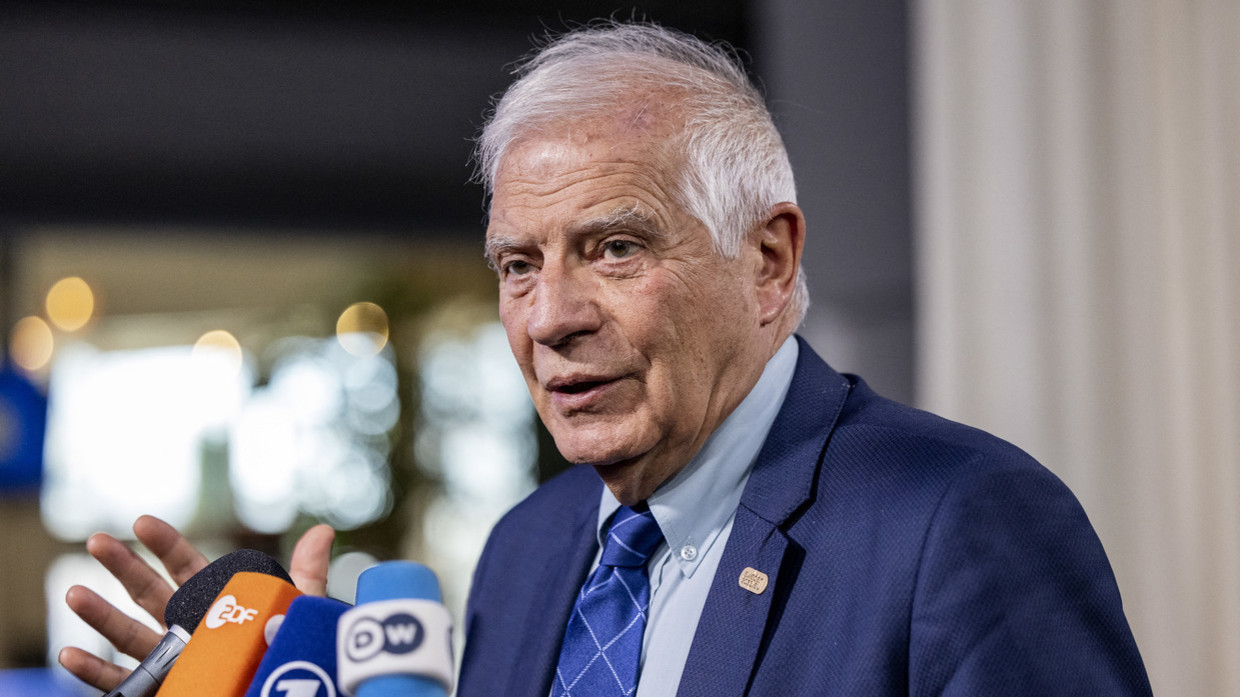The European Union Council has adopted a framework for sanctioning members of Niger’s newly installed military government who it claims undermine the country’s stability and democracy and pose a threat to regional peace and security.
“This new autonomous framework for restrictive measures is set to make a tangible contribution in supporting the efforts of the Economic Community of West African States (ECOWAS) towards swift return to constitutional order in Niger,” the EU council said in a statement on Monday.
The EU’s new measures include, among other things, freezing assets and prohibiting the provision of funds to individuals and entities, as well as implementing a travel ban.
Nigerien soldiers who took control of the West African country on July 26 have defied regional and international demands to restore the rule of ousted President Mohamed Bazoum, prompting ECOWAS to order the deployment of standby force.
Already, some member states of the EU, including Germany and France, have suspended development aid to Niamey in response to the putsch. Berlin announced in August that it was backing EU sanctions against the military rulers to persuade them to hand back power and restore constitutional order.
Top EU diplomat Josep Borrell has reiterated the bloc’s rejection of the coup in the former French colony in the “strongest terms.”
“With today’s decision, the EU strengthens its support to ECOWAS’ efforts and sends a clear message: Military coups bear costs,” he said.
Despite the EU’s commitment for sanctions and claims that it contributes to ECOWAS efforts in this way, representatives of African governments, including Niger’s, rejected foreign interference when they met at a peace and security forum held in Togo’s capital, Lome, over the weekend.
Participants at the African Union-sponsored forum, which was also attended by delegates from the ECOWAS bloc and the UN, emphasized the need for local solutions to political crises sparked by coups on the continent. Although ECOWAS has threatened to intervene militarily in Niger, it insists it would prefer to resolve things with diplomacy.
Meanwhile, the US, which only labeled the July takeover in Niamey as a “coup d’état” this month, has said it will forge “pragmatic” relations with the new military authorities. Judd Devermont, President Joe Biden’s special assistant on Africa policy, told the Financial Times on Sunday that the US needed “to add complexity” to its relationships on the continent, and even though it was “not business as usual” in Niamey, disengaging with Niger was not an option.
Unlike Paris, which has been forced to cut ties with Niger and withdraw troops from its former colony, Washington maintains a contingent of 1,000 soldiers in the country, regardless of suspending around $200 million in foreign aid.


